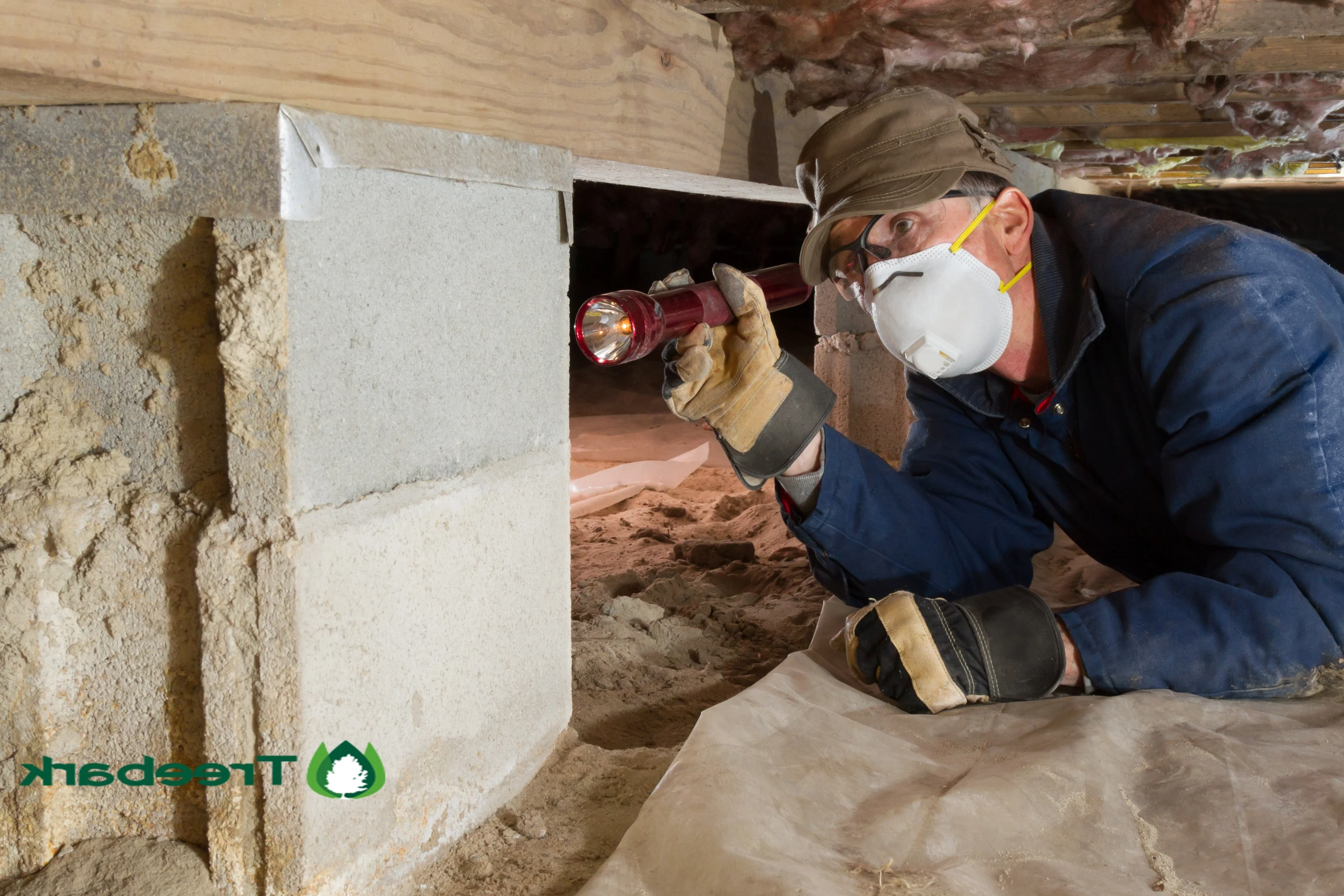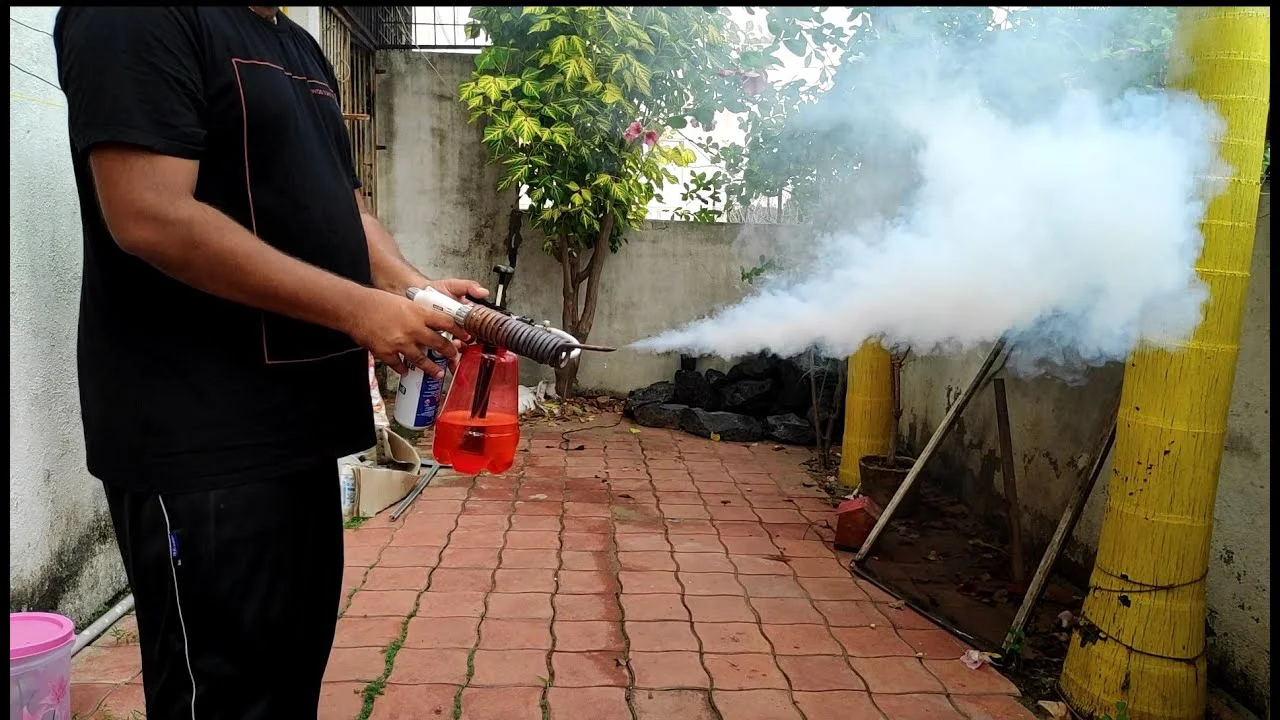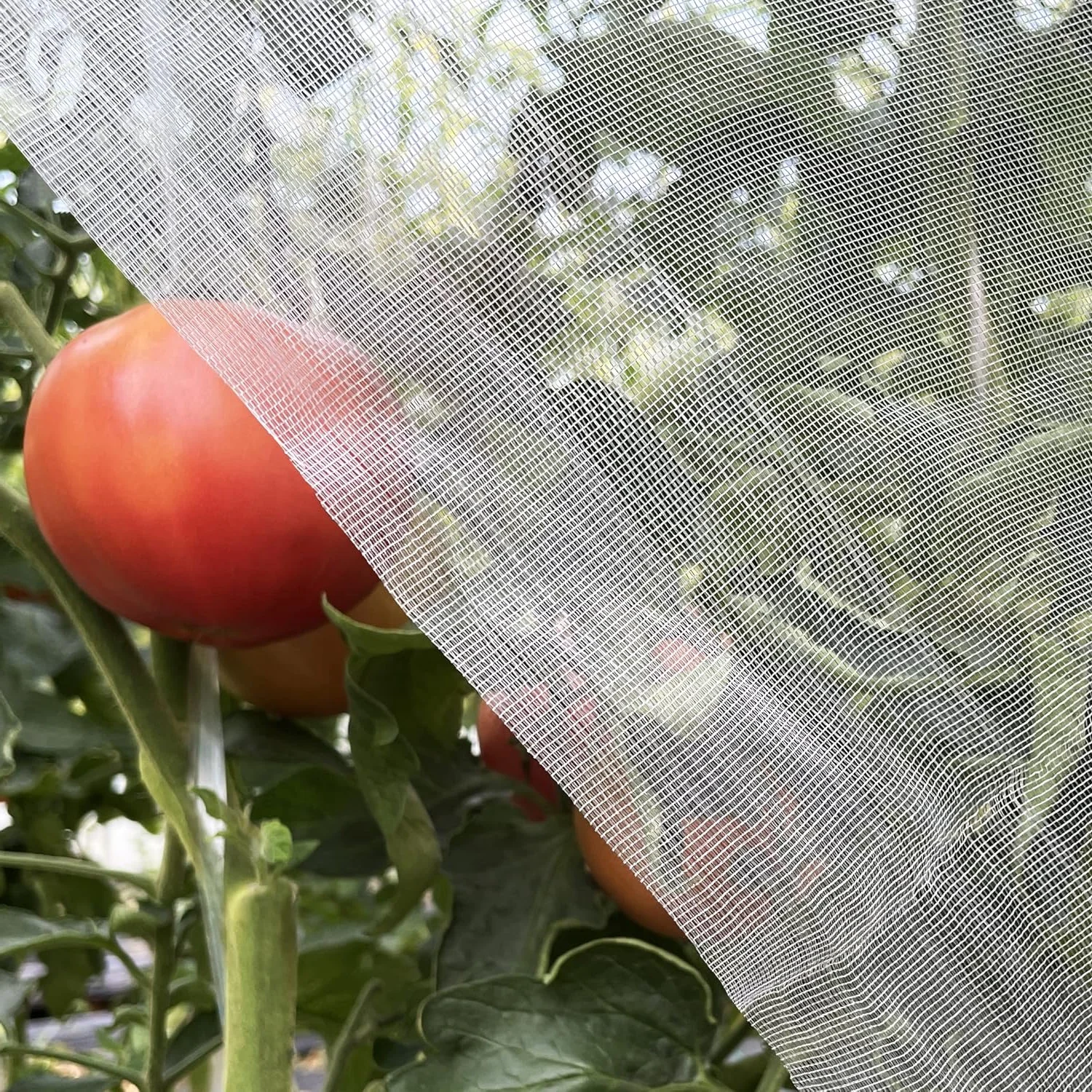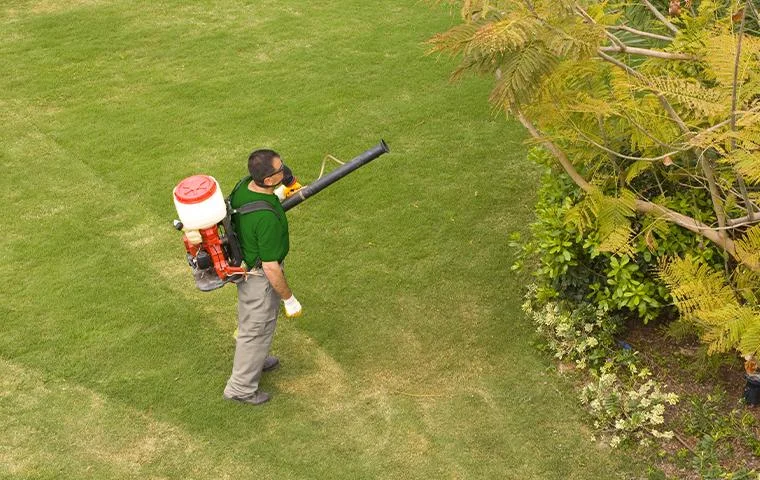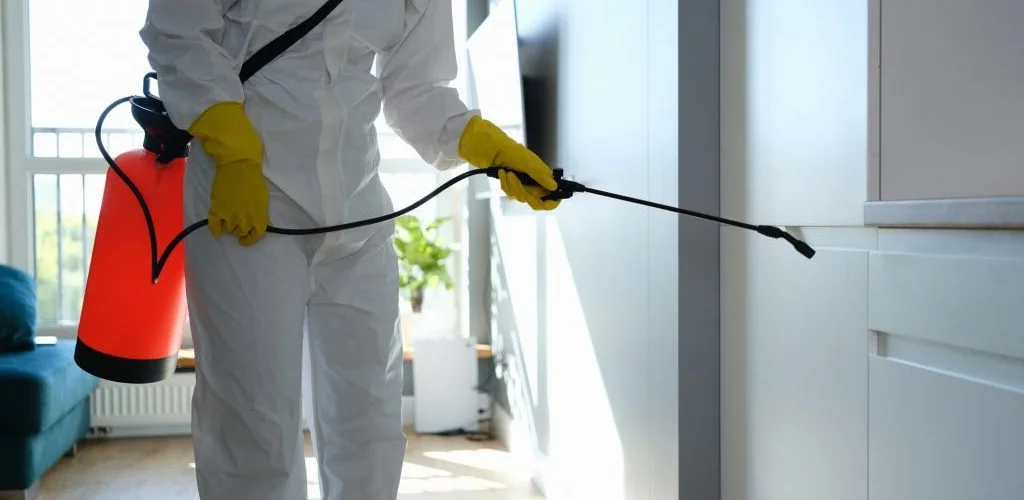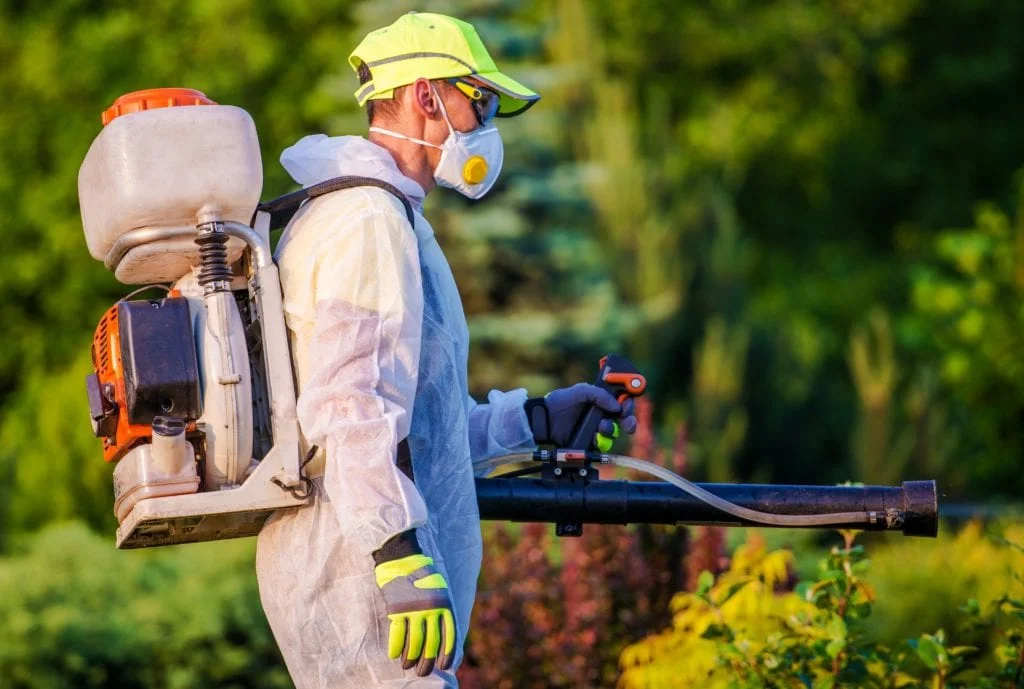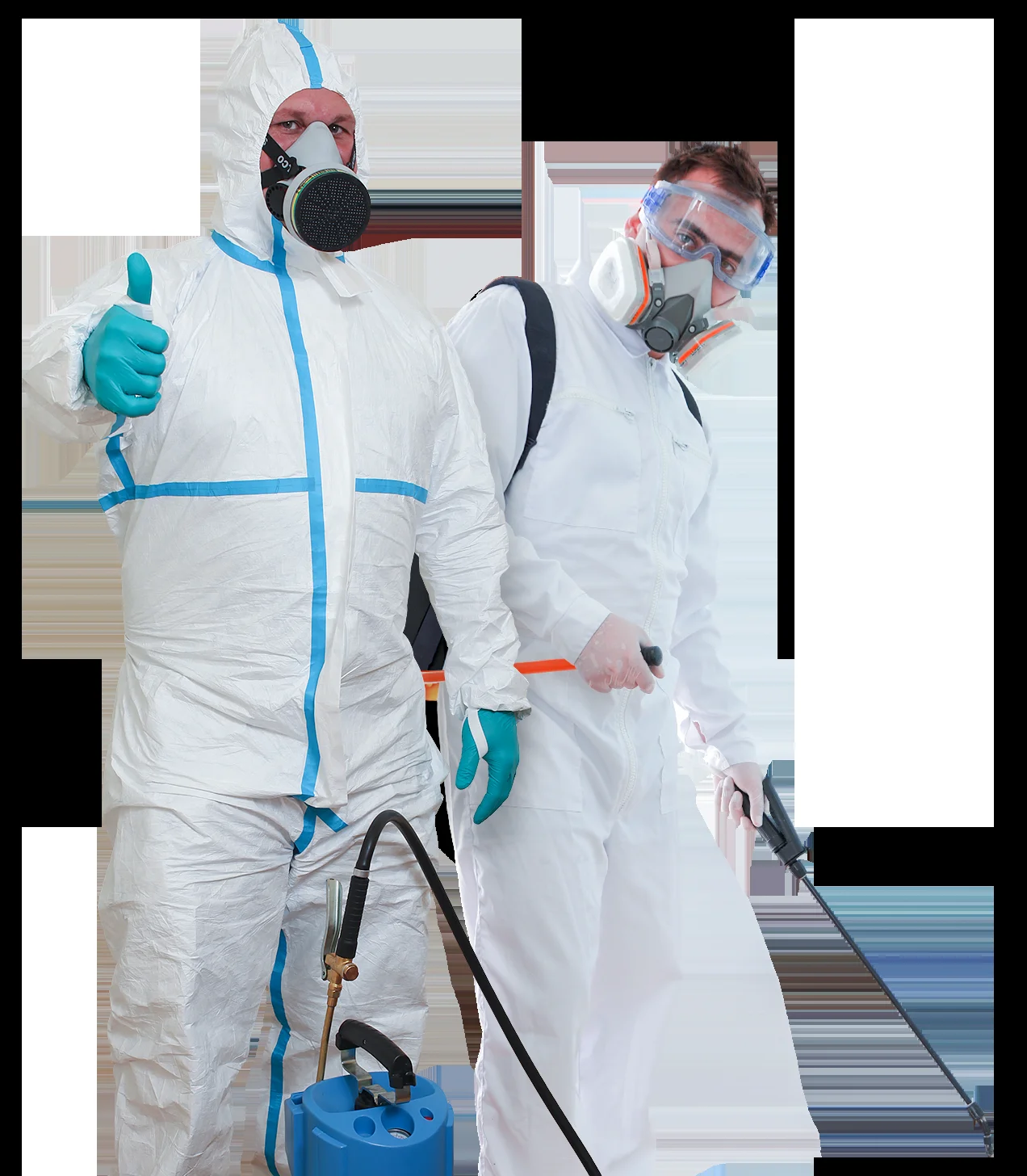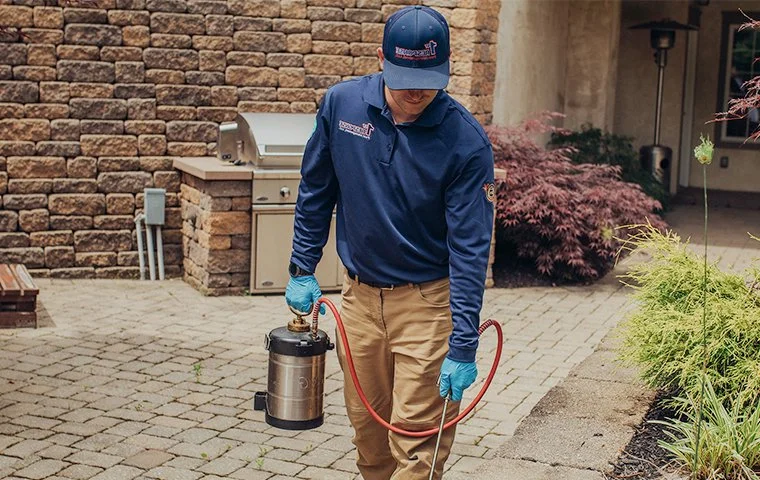From the Ozark Mountains to the Mississippi Delta, Arkansas's diverse landscapes create perfect conditions for a wide variety of pests. The Natural State's humid subtropical climate, abundant forests, and plentiful waterways provide ideal breeding grounds for everything from termites and mosquitoes to ticks and wildlife pests. Effective pest control in Arkansas requires understanding these distinctive regional conditions and the year-round pest pressure they create for homes and businesses.
Properties across Arkansas face persistent pest challenges that can damage structures, compromise health, and disrupt daily life in both rural and urban settings. Whether dealing with termite colonies in Little Rock, mosquito infestations in Hot Springs, or wildlife issues in the Ozarks, local professional exterminators provide essential expertise tailored to Arkansas's specific challenges. This guide explores common Arkansas pests, effective control strategies including eco-friendly pest solutions, and why the state's unique combination of climate and geography makes professional knowledge particularly valuable for lasting protection.
Dealing with persistent Arkansas pests? Our local specialists offer
emergency pest control
24/7 and thorough
termite inspections throughout the Natural State.
Contact us today for prompt assistance!
Pest Control Challenges Specific to Arkansas
Arkansas's diverse environment creates distinctive pest control challenges that require specialized approaches. Here's why pest management in the Natural State demands expert attention:
-
High humidity and rainfall Arkansas's humid climate and significant annual rainfall (averaging 45-50 inches) create ideal moisture conditions for termites, mosquitoes, cockroaches, and many other moisture-dependent pests to thrive year-round.
-
Diverse ecosystems The state's varied landscapes—from mountains and forests to delta lowlands and river valleys—support different pest populations, requiring region-specific knowledge and treatment approaches for effective control.
-
Extended warm seasons Arkansas's long spring-through-fall warm season provides pests with expanded breeding cycles compared to northern states, allowing for multiple generations each year and greater population pressure on homes and businesses.
-
Extensive wooded areas Arkansas's significant forest coverage (nearly 19 million acres—about 56% of the state) creates abundant natural habitat for wood-destroying insects, ticks, and wildlife pests that readily migrate to adjacent residential and commercial properties.
-
Flooding and seasonal water level changes Many areas of Arkansas experience seasonal flooding and water level fluctuations that displace ground-dwelling pests, driving them toward structures and creating sudden invasion pressures that require prompt response.
Understanding these Arkansas-specific challenges is crucial for effective pest management. Professional pest control services develop customized treatment plans that address these regional factors, providing targeted protection for the state's distinctive environmental conditions.
Common Pests in Arkansas
Arkansas's climate and geography support a diverse range of pests that can impact homes and businesses. Here are the most common invaders that plague the Natural State:
Termites
Professional termite inspection being conducted at an Arkansas property
Arkansas falls squarely within the "Termite Belt," making it one of the highest-risk states for these destructive pests. Eastern subterranean termites are prevalent throughout the state, while Formosan termites—an aggressive invasive species—have established colonies in southern regions. Arkansas's combination of humidity, mild winters, and abundant wooden structures creates ideal conditions for year-round termite activity.
Professional termite control in Arkansas typically involves comprehensive inspections, preventative treatments including soil barriers, installation of monitoring and baiting systems, and ongoing protection plans. The state's high termite pressure makes annual inspections particularly important, as early detection can prevent the extensive damage these insects cause—damage that costs Arkansas homeowners millions each year in repairs and treatment.
Mosquitoes
Mosquito fogging treatment being applied in an Arkansas backyard
Arkansas's abundant water sources, high humidity, and warm climate create perfect breeding conditions for mosquitoes, with some areas experiencing significant pressure from numerous species. Beyond the nuisance of itchy bites, Arkansas mosquitoes can transmit serious diseases including West Nile virus, La Crosse encephalitis, and eastern equine encephalitis.
Effective mosquito control in Arkansas combines source reduction (eliminating standing water), landscape management, targeted treatments of breeding sites, and barrier applications to protect outdoor living spaces. Professional services typically schedule regular treatments during the lengthy Arkansas mosquito season (April through October in most areas), with adjustments for the specific timing and intensity of mosquito pressure in different regions of the state.
Ticks
Applying tick control treatment to a property border in Arkansas
Arkansas's wooded areas, tall grasses, and wildlife populations support several tick species of medical concern, including the American dog tick, lone star tick, and blacklegged (deer) tick. These parasites can transmit Rocky Mountain spotted fever, ehrlichiosis, tularemia, and Lyme disease, making them a significant public health concern throughout the state.
Professional tick control focuses on treating yard perimeters, creating buffer zones between wooded areas and living spaces, and applying targeted treatments to landscape features where ticks concentrate. For Arkansas homeowners, especially those in rural or edge habitats, comprehensive tick management programs provide protection during the extended Arkansas tick season, which typically runs from early spring through late fall.
Cockroaches
Arkansas's climate supports several cockroach species, with American, German, and Oriental cockroaches being particularly problematic. These resilient insects thrive in the state's warm, humid conditions, readily establishing populations in homes and businesses where they contaminate surfaces, trigger allergies, and create unsanitary conditions.
Professional cockroach management involves thorough inspection to locate harborage areas, strategic baiting programs designed for specific species, targeted crack and crevice treatments, and ongoing monitoring. For Arkansas properties, comprehensive cockroach control addresses both indoor populations and the outdoor reservoirs that continually pressure structures, particularly during seasonal temperature changes that drive roaches to seek shelter.
Fire Ants
Treating fire ant mounds in an Arkansas lawn
Red imported fire ants have established themselves throughout Arkansas, creating painful and potentially dangerous situations for residents. These aggressive insects deliver painful stings that can cause severe reactions in sensitive individuals, while their large, durable mounds damage lawns, agricultural areas, and recreational spaces.
Effective fire ant management combines broadcast bait applications, individual mound treatments, and strategic timing to disrupt colony development. Professional services provide comprehensive treatment programs that address current infestations while preventing new colony establishment, allowing Arkansas families to safely enjoy outdoor spaces without constant concern about painful encounters with these invasive pests.
Eco-Friendly Pest Control for Arkansas's Natural Beauty
Arkansas's abundant waterways, diverse wildlife, and agricultural resources demand thoughtful pest management approaches that balance effective control with environmental responsibility. Modern eco-friendly pest solutions protect homes while minimizing impact on the state's natural treasures. Professional services implement Integrated Pest Management (IPM) strategies that reduce pesticide use through careful inspection, precise targeting, and preventative measures.
This approach is especially valuable in Arkansas, where many residents prize their connection to the outdoors and rely on clean water for recreation, agriculture, and wildlife. Eco-friendly solutions are ideal for families with children, pet owners, and those concerned about protecting Arkansas's natural resources. Professional exterminators receive specialized training in environmental protection protocols, ensuring treatments safeguard both your property and the state's remarkable biodiversity.
Environmental Commitment
Arkansas pest control specialists understand the importance of protecting the state's waterways and ecosystems, using carefully selected treatments that are effective against local pests while minimizing impact on non-target species and water quality.
Below is a comparison of different pest control treatment methods, including green options, highlighting their benefits for Arkansas properties:
| Treatment Method |
Benefits |
Ideal Use in Arkansas |
| Targeted Applications |
Minimizes chemical use through precise application only where needed, reducing environmental impact and non-target exposure.
|
Cockroach control, fire ant management, and treatment of specific pest harborage areas rather than broad applications in sensitive environments.
|
| Habitat Modification |
Addresses conditions that attract pests by altering environmental factors that support pest populations without chemical intervention.
|
Mosquito breeding site elimination, moisture control for termite prevention, and landscape adjustments to reduce tick habitat around Arkansas properties.
|
| Biological Controls |
Uses natural predators, parasites, or pathogens to reduce pest populations in an environmentally compatible way.
|
Mosquito management in sensitive watersheds, garden pest control, and specialized applications where traditional products may impact beneficial species.
|
| Physical Exclusion |
Creates barriers to prevent pest entry without chemicals; provides long-term protection with minimal environmental impact.
|
Wildlife exclusion, rodent prevention, and general pest-proofing for Arkansas homes, creating physical barriers rather than chemical deterrents.
|
| Low-Impact Formulations |
Uses products designed to break down quickly in the environment while effectively targeting specific pests.
|
Treatments near waterways, apiaries, or agricultural areas where traditional pesticides might have unwanted secondary impacts on Arkansas ecosystems.
|
Residential & Commercial Pest Control Throughout Arkansas
Residential Pest Protection
Arkansas homes face unique pest pressures influenced by location, surrounding habitat, and construction style. Residential pest protection programs are tailored to the specific challenges of different Arkansas regions, from urban homes in Little Rock to rural properties in the Ozarks or Delta farmhouses surrounded by agricultural land.
Professional services offer customizable plans that provide protection against Arkansas's most common household pests, with particular emphasis on termite prevention, mosquito reduction, and management of seasonal invaders like fire ants and ticks. Treatment schedules typically adapt to the state's climate patterns, with increased attention during spring and summer when pest activity peaks. For Arkansas homeowners, consistent service provides year-round protection against the state's persistent pest pressure.
Commercial Pest Control
From restaurants in Fayetteville to hotels in Hot Springs, medical facilities in Little Rock, and warehouses in Jonesboro, Arkansas businesses need reliable pest management to protect their reputations and comply with regulations. Commercial pest control programs address the distinctive challenges of Arkansas's business environment, with industry-specific protocols for hospitality, food service, healthcare, education, warehousing, and manufacturing facilities.
Professional services provide comprehensive documentation, discreet service scheduling, and emergency response capabilities for urgent issues. Arkansas's diverse commercial sector benefits from expert management of termites that threaten structures, mosquitoes that impact outdoor spaces, and various stored product pests that can affect inventory. For food processing businesses and agricultural operations, specialized programs address the unique pest challenges of these critical Arkansas industries.
From residential pest protection plans to customized
commercial pest control solutions, we have you covered throughout Arkansas –
schedule your service now and keep your
property pest-free!
Why Choose Local Experts in Arkansas?
When it comes to protecting your Arkansas property from pests, working with local experts offers distinct advantages. A local pest control company understands the region's specific challenges and truly cares about the community. Here's why choosing local Arkansas specialists makes a difference:
-
Knowledge of regional pest patterns Local technicians understand how Arkansas's diverse geography—from highlands to lowlands—affects pest behavior and treatment strategies throughout different regions of the state.
-
Experience with local architecture Local experts are familiar with common Arkansas building methods including pier and beam foundations, crawlspaces, and various home styles that create unique pest control challenges in different communities.
-
Understanding of seasonal timing Local professionals know exactly when different pests become active in specific Arkansas regions, allowing for precisely timed preventative treatments when they'll be most effective against termite swarms, mosquito emergences, and other seasonal pest events.
-
Familiarity with local regulations Arkansas has specific regulations regarding pesticide applications near waterways, schools, and other sensitive areas. Local specialists stay current with these requirements, ensuring all treatments remain fully compliant with state and local laws.
-
Rapid response during emergencies When severe weather or other factors trigger sudden pest surges, local teams can provide emergency pest control quickly, often with same-day service throughout Arkansas's major cities and surrounding areas.
By choosing local professional exterminators with deep knowledge of Arkansas's specific pest challenges, property owners receive more effective, regionally-appropriate solutions than generic approaches used by those unfamiliar with the Natural State's unique conditions.
Regional Pest Control Services Throughout Arkansas
Different regions of Arkansas face unique pest challenges based on geography, urbanization, and surrounding ecosystems. Professional pest control specialists understand these regional differences:
Central Arkansas
Including: Little Rock, North Little Rock, Conway, Benton, Bryant
The state's urban center experiences significant pressure from termites, cockroaches, and rodents, with suburban areas facing additional challenges from mosquitoes and ticks where development meets natural areas. The Arkansas River corridor creates unique moisture conditions that influence pest activity. Professional services in this region balance urban pest management with treatments for the wildlife interface issues common in expanding suburban areas.
Northwest Arkansas
Including: Fayetteville, Springdale, Rogers, Bentonville, Fort Smith
The Ozark Plateau region contends with tick-borne disease risks, carpenter ants in wooded areas, and seasonal pest migrations influenced by the area's significant elevation changes. Rapid development has created new pest pressures as construction disturbs established wildlife and insect populations. Pest management here addresses both structural pests and the abundant outdoor pest pressure from surrounding natural areas.
Delta Region (Eastern Arkansas)
Including: Jonesboro, West Memphis, Blytheville, Helena-West Helena
The fertile Mississippi Delta lowlands face intense mosquito pressure from abundant standing water, while agricultural areas contend with stored product pests and rodents associated with grain production. The region's proximity to the Mississippi River creates periodic flooding that drives pests toward structures. Professional pest management here emphasizes mosquito control, moisture management, and specialized approaches for agricultural and food processing facilities.
Southern Arkansas
Including: Pine Bluff, El Dorado, Texarkana, Hot Springs, Arkadelphia
This region experiences some of the state's most significant termite pressure, including Formosan termites in some areas. The piney woods provide habitat for numerous wood-destroying insects, while the longer warm season supports extended activity periods for mosquitoes, fire ants, and other pests. Professional services here place special emphasis on comprehensive termite protection and management of the diverse pest populations supported by the region's forests and waterways.
Top Cities for Pest Control in Arkansas
Professional pest control services are available throughout the Natural State. Below are some of the major Arkansas cities where quality pest management is especially important:
Little Rock
As Arkansas's capital and largest city, Little Rock faces diverse pest challenges across its urban and suburban landscapes. Older neighborhoods contend with termite pressure and established rodent populations, while areas near the Arkansas River and numerous parks experience significant mosquito activity. The city's expanding suburbs create wildlife interface zones where ticks, snakes, and occasional larger wildlife can become problems for residents.
Fayetteville
Nestled in the Ozarks, Fayetteville's wooded surroundings and significant elevation changes create unique pest dynamics. The area experiences notable tick pressure, with Lyme disease and other tick-borne illnesses being concerns for residents. University housing and rental properties face specific challenges with cockroaches and occasional bed bug issues, while the surrounding natural areas harbor carpenter ants and various wildlife pests that regularly impact residential properties.
Arkansas Service Coverage Map
Seasonal Pest Guide for Arkansas
Spring (March-May)
- Termite swarms emerge
- Tick activity increases
- Mosquito breeding begins
- Ant colonies expand rapidly
Recommendation: Schedule annual termite inspection and implement comprehensive perimeter treatments.
Summer (June-August)
- Peak mosquito activity
- Fire ant mounds multiply
- Cockroach populations surge
- Tick-borne disease risk highest
Recommendation: Regular mosquito treatments and comprehensive yard pest management.
Fall (September-October)
- Rodents begin seeking indoor shelter
- Spiders become more visible
- Secondary termite swarms possible
- Overwintering pests move toward structures
Recommendation: Focus on rodent exclusion and prepare for winter invaders with perimeter protection.
Winter (November-February)
- Rodent activity peaks indoors
- Overwintering insects in attics and walls
- Occasional warm spells trigger pest activity
- Wildlife seeking shelter may enter structures
Recommendation: Indoor pest management and preparation for spring termite season.
Arkansas's relatively mild winters mean year-round pest activity, with only brief periods of dormancy for most species. The state's extended warm season provides favorable conditions for multiple pest generations each year, creating persistent pressure on homes and businesses across all seasons.
What Our Arkansas Clients Say
"After struggling with mosquitoes making our Little Rock backyard unusable every summer, their monthly treatments have completely transformed our outdoor living. We can finally enjoy Arkansas evenings without being swarmed!"
- Rebecca H., Little Rock
★★★★★
"Their termite protection program has given us peace of mind for our historic Fayetteville home. The annual inspection caught early signs of activity that could have caused significant damage if left untreated."
- William T., Fayetteville
★★★★★
"As a restaurant owner in Hot Springs, pest control is non-negotiable for our reputation. Their commercial service is thorough, discreet, and has kept us in compliance with health regulations without interrupting our busy tourist season operations."
- David L., Hot Springs
★★★★★
Frequently Asked Questions
How often should Arkansas homeowners schedule pest control?
Due to Arkansas's warm climate and extended pest season, most homes benefit from quarterly pest control treatments at minimum. However, properties with specific challenges like heavy mosquito pressure or termite risk may require more frequent service—typically bi-monthly during peak seasons. Homes near water, wooded areas, or agricultural land often need more intensive protection due to the constant pest pressure from these surroundings. During your initial inspection, our technicians will recommend an optimal schedule based on your property's specific location, construction type, and existing pest issues.
What makes Arkansas's termite problem so significant?
Arkansas faces significant termite pressure due to several factors that create ideal conditions for these wood-destroying insects. The state's high humidity and warm temperatures support year-round termite activity, with only brief slowdowns during the coldest periods. Arkansas's abundant rainfall creates moisture conditions that subterranean termites thrive in, while the state's extensive forests provide natural habitats from which termites readily spread to structures. Additionally, many older Arkansas homes were built without modern termite prevention measures, making them particularly vulnerable. These factors combine to place Arkansas among the highest-risk states for termite damage, making professional inspection and protection especially important.
How do you manage tick control on larger Arkansas properties?
For larger Arkansas properties, especially those with wooded areas or tall grass, we implement a strategic approach to tick management. Rather than treating entire acreages, we focus on creating protected zones around the most frequently used areas—typically extending 6-10 feet from trails, play areas, patios, and other activity spaces. We combine targeted barrier treatments with habitat modification recommendations, such as maintaining well-trimmed buffer zones, removing leaf litter, and controlling wildlife that carries ticks onto properties. For extensive rural properties, we can develop customized plans that protect primary living areas while providing recommendations for self-management of more distant zones, balancing effective protection with practical considerations for large landholdings.
Does Arkansas's rainfall affect pest control treatment durability?
Yes, Arkansas's significant annual rainfall (averaging 45-50 inches) does impact pest control treatments, but we account for this in our service programs. We use rain-resistant formulations designed to adhere to treated surfaces and resist washout during normal precipitation. For exterior treatments, we monitor weather forecasts and schedule services during optimal conditions, with flexibility to adjust timing around heavy rainfall events. Additionally, our comprehensive programs include strategic interior treatments that remain effective regardless of outdoor weather conditions. For properties in particularly rainy areas, such as portions of the Ouachita Mountains that receive over 55 inches annually, we may recommend more frequent service to maintain continuous protection throughout Arkansas's rainy seasons.

